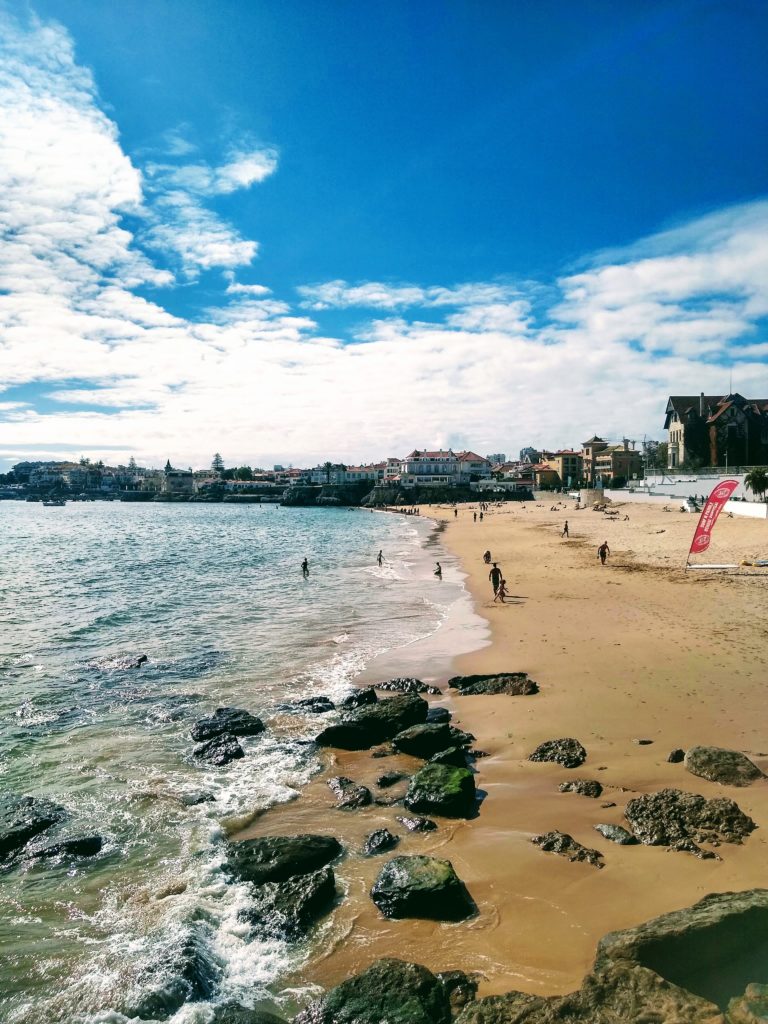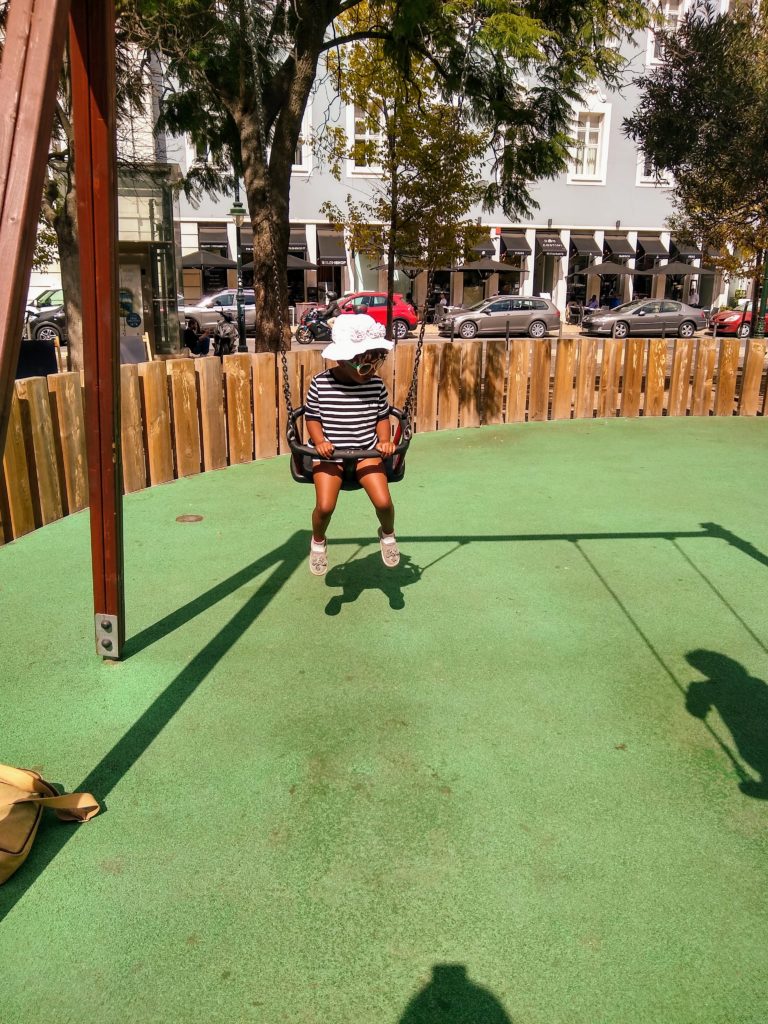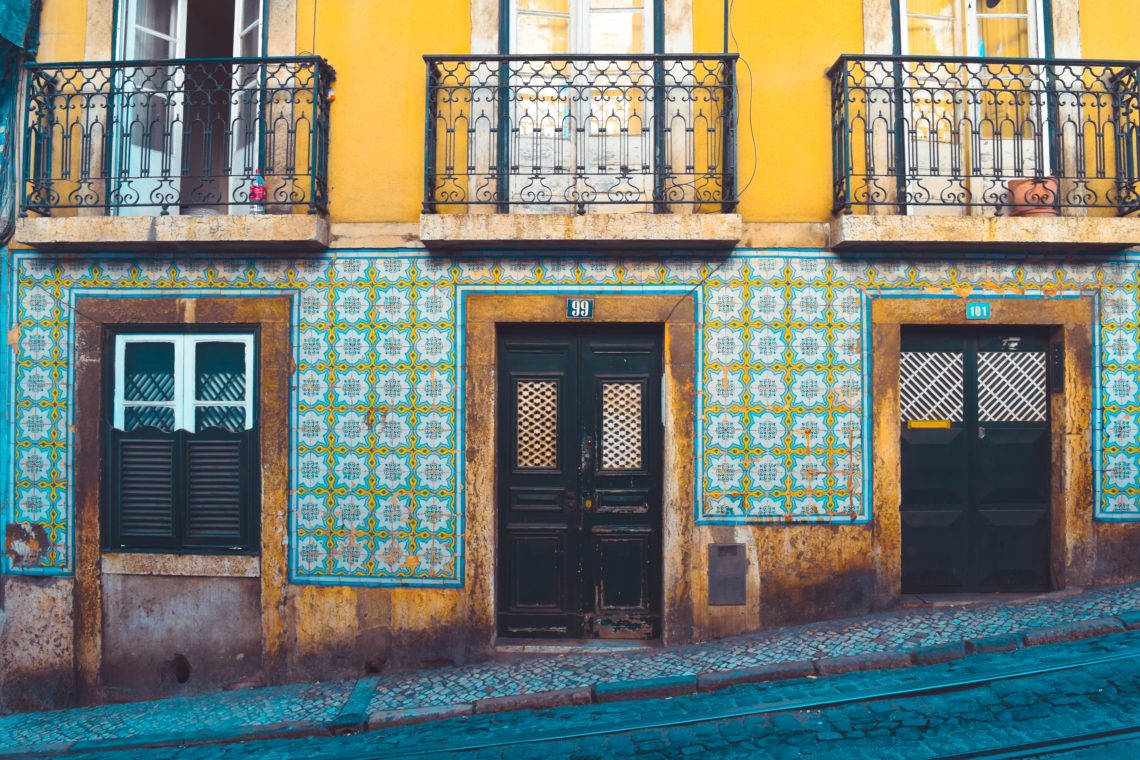Portugal is, literally, thousands of years old. Lisbon, as the city of Lisbon, is one of the oldest capitals of Europe. Like a lot of Europe they spent a lot of time battling their neighbors, each other, and violently dominating the rest of the world via colonization. While their most famous former colony is Brazil, Portugal also had colonies in Asia and Africa. Which means, like other Colonizer countries, Portugal has a long history of enslavement and genocide. In Portugal’s case many enslaved people were brought into the homeland meaning that by the fifteen hundreds there were ten thousand Black people in Lisbon alone. More on how Portugal deals with its colonizing past later.
The early 20th saw the first World War in which Portugal was firmly with the Allies and WWII in which Portugal claimed neutral status. Between wars was a revolution that resulted in the rise of António de Oliveira Salazar who would be essentially dicator from 1932 until 1968. Under Salazar’s rule political freedoms were curtailed, military police repressed dissidents, and attention was concentrated on economic recovery. This lasted 40 years during which the country was closed to the outside world.
Salazar’s influence was felt for decades after his death. Thanks to the suppression of education under his authoritarian rule a large portion of Portugal’s population over 40 was under educated. Despite some economic growth during the 1990s Portugal continued to experience high unemployment, poverty in rural and urban areas, and a growing gap between rich and poor. Then came the Great Recession and the Debt Crisis. Portugal remained one of western Europe’s poorest countries. On top of all this the end of Portuguese isolation and the turmoil that followed led to a major drug abuse crisis in the country. Basically, Portugal into the 21st century was fairly jacked up.
For 20 years Portugal fought an American style war on drugs using shame, prison, and other punative measures. As in America, it failed miserably. Unlike the Americans the Portuguese recognized the futility of their actions and, in 2001, decriminalised all drugs. Yep, all of them. Yes, even that one. And that one. All of them. Since then Portugal has seen a dramatic drop in drug abuse, HIV and hepatitis infection rates, overdose deaths, drug-related crime, and incarceration rates. Transitioning to a functioning, consolidating, pluralist democracy of the twenty teens.
Rather than being arrested, those caught with a personal supply might be given a warning, a small fine, or told to appear before a local commission – a doctor, a lawyer and a social worker – about treatment, harm reduction, and the support services that were available to them. Portugal’s drug policy does not concern itself with the notion of hard or soft drugs. Instead it focuses on whether or not ones relationship with drugs is healthy or unhealthy. If the relationship is unhealthy they look for the cause: undiagnosed or untreated mental illness, a lack of a supportive social network, strained connections with the world around them, or with themselves? Perhaps most importantly it recognizes that the eradication of all drugs is never, ever, ever going to happen.
That’s the thing about Portugal. When faced with all of the bullshit that the Portuguese have endured for the last couple of centuries other countries have turned to individual bootstrap rhetoric that seems all about taking individual responsibility while completely abdicating any social responsibility. Or worse, head to straight up racism and xenophobia. In Portugal, however, people within the society at large seem to actually care about each other. Take Lisbon. Almost 63% of the population is white which, by European standards, is low. Over 35% is Black which, by European standards, is high. That’s not even getting into the multiple layers of language and ethnicity. By any standard it is a multicultural city. Yet it still has fewer of the issues that other colonizer and colonized countries blame on their lack of homogeneity. Instead of shame and blame the peole come together and ask, “How can we fix this?”

Maybe it helps that Portugal, the parts we’ve seen, is spectacularly beautiful. Over 1,700 km of coastline, covered in hills and mountains, never too hot or too cold for any length of time, and that’s just the natural beauty. Its unique and colourful architecture is the icing. One is almost bedazzled by the overwhelming wonder of it all. Traveling with a child simply intensifies the experience. You know those people who roll their eyes when you show up with your kid? None of those people live in Portugal.* Portuguese people adore children and count on your little ones receiving a lot of attention and gentle indulgence.
Speaking of kids, traveling with LB we are becoming playground connoisseurs. Part of the reason we chose the apartment we did was because it was within 15 minutes walk of several playgrounds. The one I liked to take her to the most was the one near the Time Out Market. The playground itself is a decent one with the standard swings, slide, and seesaw. It is gated, sorta. Located in a park on the river there is also a cafe kiosk next to it. Fairly common in our experience in Lisbon. But the reason I preferred it is that it was the only playground that was almost guaranteed to have kids on a weekday and, because those kids were mostly tourists, it was invariable that at least one of them would speak English. LB is still young enough that not having a shared language is no big deal. But it definitely enhances the experience.

I briefly mentioned the Time Out Market, or the Mercado da Ribeira, in the post about our first trip to Portugal. On that trip we ended up there a couple of times and were extremely impressed. A scant few months later it was more expensive, more crowded, and the food seemed less, well, everything. It’s still a recommended experience but I wish we’d taken the time to check some of the other market stall venues in this foodie town. More on playgrounds, apartments, restaurants, and other places of interest next post.
Sources
https://www.theguardian.com/news/2017/dec/05/portugals-radical-drugs-policy-is-working-why-hasnt-the-world-copied-it
https://www.britannica.com/place/Portugal
https://www.bbc.com/news/world-europe-17761153
*Yes, I’m sure they do. Somewhere.
